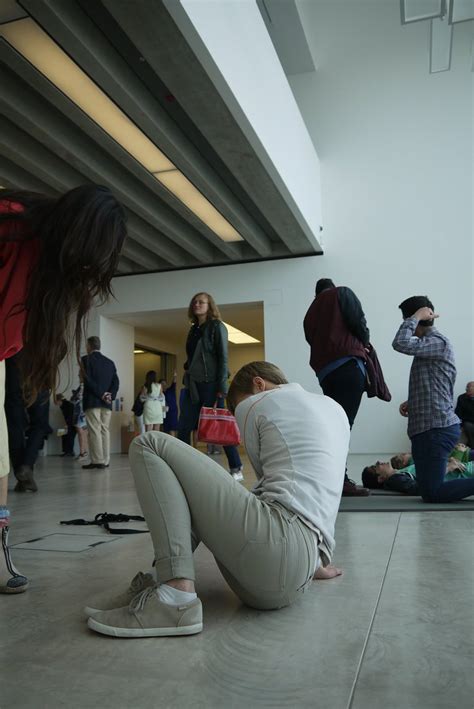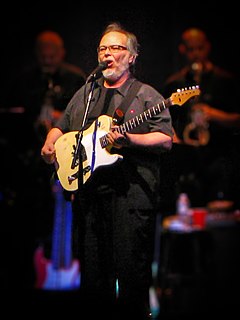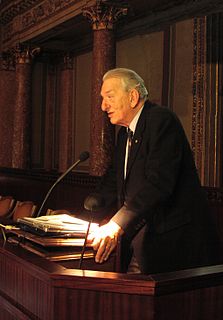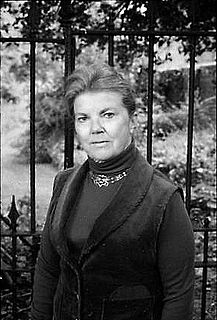A Quote by Siobhan Davies
Those 25 dancers we worked with for a day, in as highly productive a way as possible - a long class, a period of teaching bits of the repertory - in fact I didn't teach Bank, I've used parts of Oil and Water.
Related Quotes
Ballet in September used to be dead as a dodo. Now, with City Ballet's ingenious decision to give us four weeks of repertory in the early fall, having cut down on the relentlessly long spring season when dancers, critics and audiences droop on the vine, we wake up after the dog days of August with something to look at.
I grew up in repertory theaters, so it was comedy one night, drama the next. I'm used to going from one to the other. And I worked for years in television as well. So, I like the interrelationship of it and having a good relationship with a group of artists creating something really where the sum is greater than all of our individual contributions, our parts.
As a matter of fact 25% of our U.S. investment banking business comes out of our commercial bank. So it's a competitive advantage for both the investment bank - which gets a huge volume of business - and the commercial bank because the commercial bank can walk into a company and say, "Oh, if you need X, Y and Z in Japan or China, we can do that for you."
Solitude is used to teach us how to live with other people. Rage is used to show us the infinite value of peace. Boredom is used to underline the importance of adventure & spontaneity. Silence is used to teach us to use words responsibly. Tiredness is used so that we can understand the value of waking up. Illness is used to underline the blessing of good health. Fire is used to teach us about water. Earth is used so that we can understand the value of air. Death is used to show us the importance of life.
Stories ought not to be just little bits of fantasy that are used to wile away an idle hour; from the beginning of the human race stories have been used - by priests, by bards, by medicine men - as magic instruments of healing, of teaching, as a means of helping people come to terms with the fact that they continually have to face insoluble problems and unbearable realities.







































